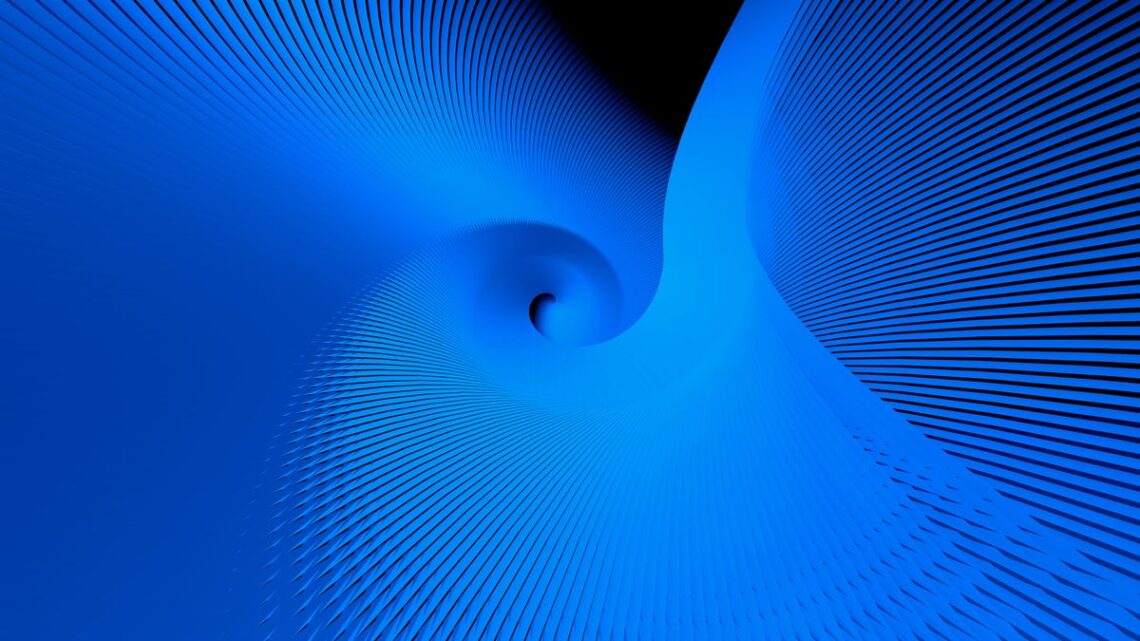November 29, 2024
5 min read
Math and Physics Can’t Prove All Truths
Physicists have described a system that requires an incomputable number to fully understand, another example of the provably unprovable puzzles of mathematics
Mathematicians have known for decades that some problems are unsolvable. Now physicists have identified a new example.
You will never be able to prove every mathematical truth. For me, this incompleteness theorem, discovered by Kurt Gödel, is one of the most incredible results in mathematics. It may not surprise everyone—there are all sorts of unprovable things in everyday life—but for mathematicians, this idea was a shock. After all, they can construct their own world from a few basic building blocks, the so-called axioms. Only the rules they have created apply there, and all truths are made up of these basic building blocks and the corresponding rules. If you find the right framework, experts long believed, you should therefore be able to prove every truth in some way.
But in 1931 Gödel demonstrated otherwise. There will always be truths that elude the basic mathematical framework and are impossible to prove. And this is not a purely abstract finding, without implications for practical situations. Shortly after Gödel’s groundbreaking work, the first provably unprovable problems emerged. For example, it will never be possible to clarify how many real numbers exist within the mathematical framework currently in use. And unsolvable problems are not limited to mathematics. For example, in certain card and computer games (such as Magic: The Gathering), situations can arise for which it is impossible to determine which player will win. And in physics, it is not always possible to predict whether a crystal system will conduct electricity.
Now experts, including physicist Toby Cubitt of University College London, have found another way in which the incompleteness theorem is reflected in physics. They have described a…
Read the full article here

